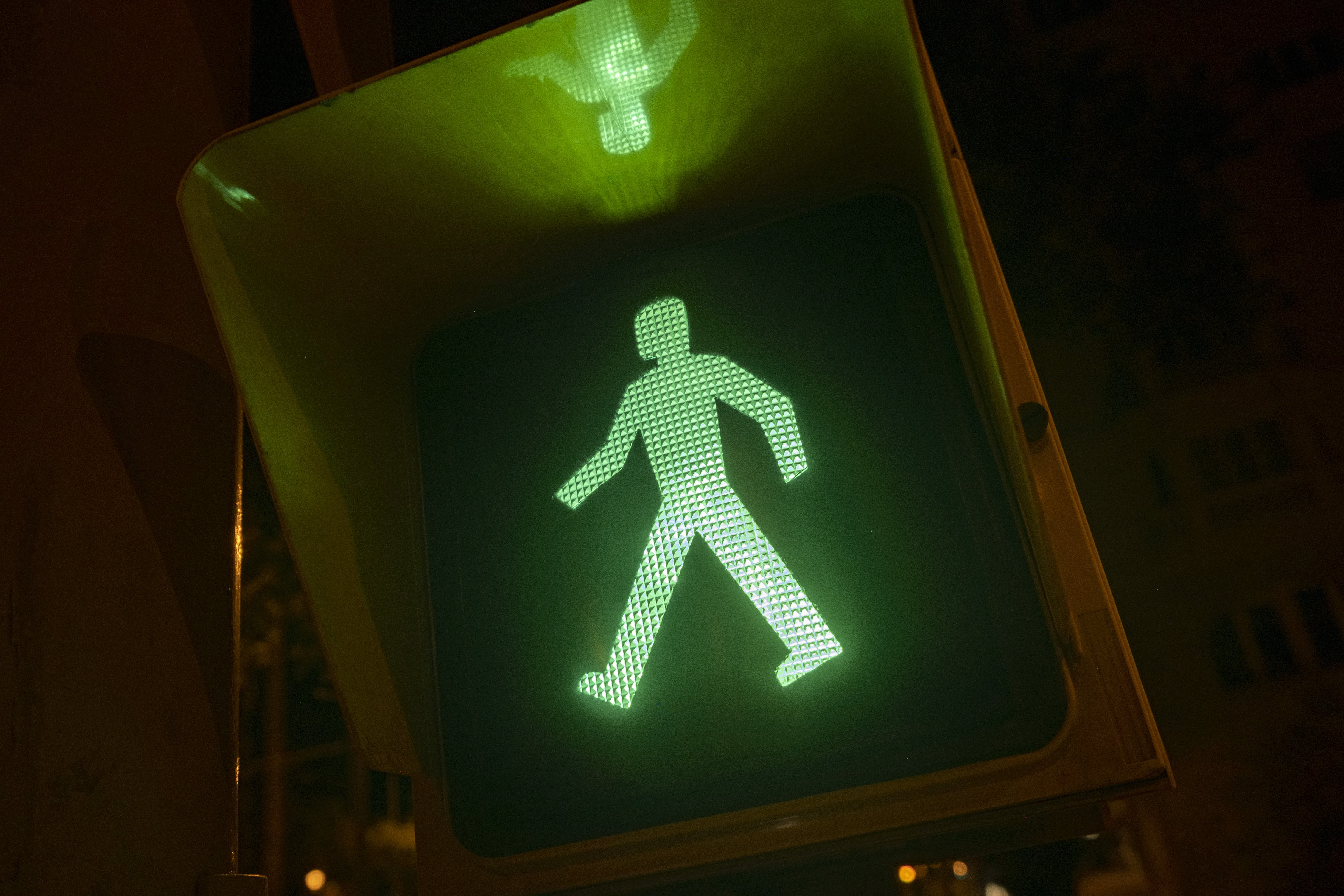Catalonia says goodbye to the curfew. After a few days when it was unclear what would happen with regard to night-time mobility, the Catalan government has finally opted to lift it. This Tuesday, following the Procicat’s guidelines, it approved the extension of covid-19 containment measures in Catalonia, published on August 19th, with the exception of restriction to nocturnal mobility, which is lifted in the 19 municipalities where it was still in force.
However, family and social gatherings or meetings, both public and private, are still limited to a maximum of 10 people, unless they are cohabitants. 70% of capacity is maintained for attendance at civil or religious events and ceremonies, including weddings, worship and funeral ceremonies.
These measures will be extended once they have been approved by the High Court of Catalonia (TSJC) and will remain in force for seven days. The Catalan government will send the request to the High Court tomorrow and they will come into force on Friday 27th.
The nightlife sector files an appeal against the restrictions
The nightlife employers' association, Fecasarm, filed an appeal to the High Court of Catalonia on Monday against the extension of restrictions on catering and nightlife to curb the fifth wave of the pandemic, which are "disproportionate and arbitrary". It also proposed new opening hours that will now have to be analysed by the courts.
The appeal was lodged after the High Court of Catalonia’s decision to reject the Catalan government's new proposal to restore the curfew in Barcelona and 42 other municipalities. A decision that makes the appeal presented by Fecasarm "even stronger", according to a statement by the same organisation, which also welcomed the High Court's decision.
Argimon calls for responsibility
The Catalan minister of Health, Josep Maria Argimon, called for vaccination and public responsibility as the main weapons in the fight against covid, in an interview on Catalunya Ràdio last Tuesday. However, Argimon regretted that the courts had not approved the curfew, as he believes it is necessary strictly for sanitary reasons, justified by the epidemiological data. Although most indicators are in a downward trend, the doctor recalled that there are still over 9,000 infections per week and that the pressure on hospitals remains very high.
"The night invites certain attitudes and protective measures are relaxed," said the minister, in response to the Catalan High Court’s decision. The judges argued that if the Catalan government is able to control citizen interaction during the day, it should also be able to do so at night. Argimon pointed out that control of public order is not a matter for his department.
Subsequently, however, it was announced that the Catalan government has finally agreed to the total disappearance of the curfew throughout Catalonia.
Slight drop in hospitalisations
The news comes on a day when there has been a slight drop in hospitalisations. There are 40 fewer patients hospitalised due to the coronavirus, that is, a total of 1,371 people in hospitals for the virus. There are 5 fewer patients in intensive care units, bringing the total number of critically ill patients due to covid to 456.

